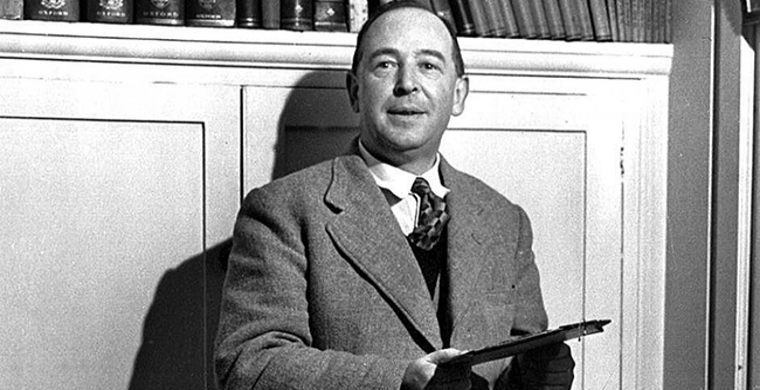If you spend any length of time interacting with contemporary writing about CS Lewis, you’ll discover one thing almost instantly: Lewis has become a theological Rorshach test for his readers. This was one of the dominant themes of the many tributes published about him on the 50th anniversary of his death this past November.
A certain group of Catholic readers—let’s call them “Chesterton’s warrior children”—cannot imagine someone like Lewis writing the things he did and not converting to Catholicism at some point. And since they cannot grant the possibility that one can write like Lewis and be Protestant, they are forced to conjure up fanciful theories to explain Lewis’s Protestantism. The best example of this is the “Ulsterior motive” theory, which claims that Lewis never got over the deep-seated anti-Catholic sentiments of his youth. (These critics conveniently fail to note that his family never seemed to possess any strong anti-Catholic sentiments to begin with, given that their servants were Catholic and Lewis’s parents were not terribly committed to the more radical brands of Irish protestantism.) The warrior children manage to say this with a straight face, which is somewhat remarkable given that many of Lewis’s closest friends were, of course, Catholic.
Meanwhile, American evangelical readers tend to see Lewis as a proto-evangelical, a man utterly committed to classic creedal orthodoxy and utterly uninterested in delving any deeper than that. He is the mere Christian par excellance in their minds and represents a tacit endorsement of the evangelical tendency to avoid the thornier theological questions that usually prompt one to seek out a confessional identity of some sort.
Login to read more
Sign in or create a free account to access Subscriber-only content.
Topics:
